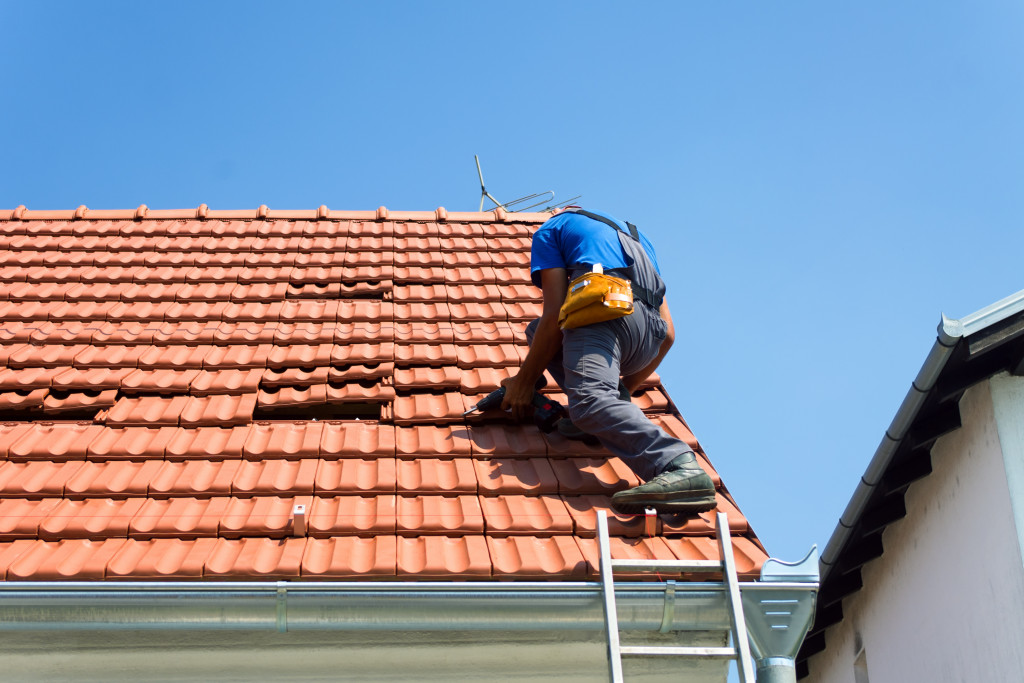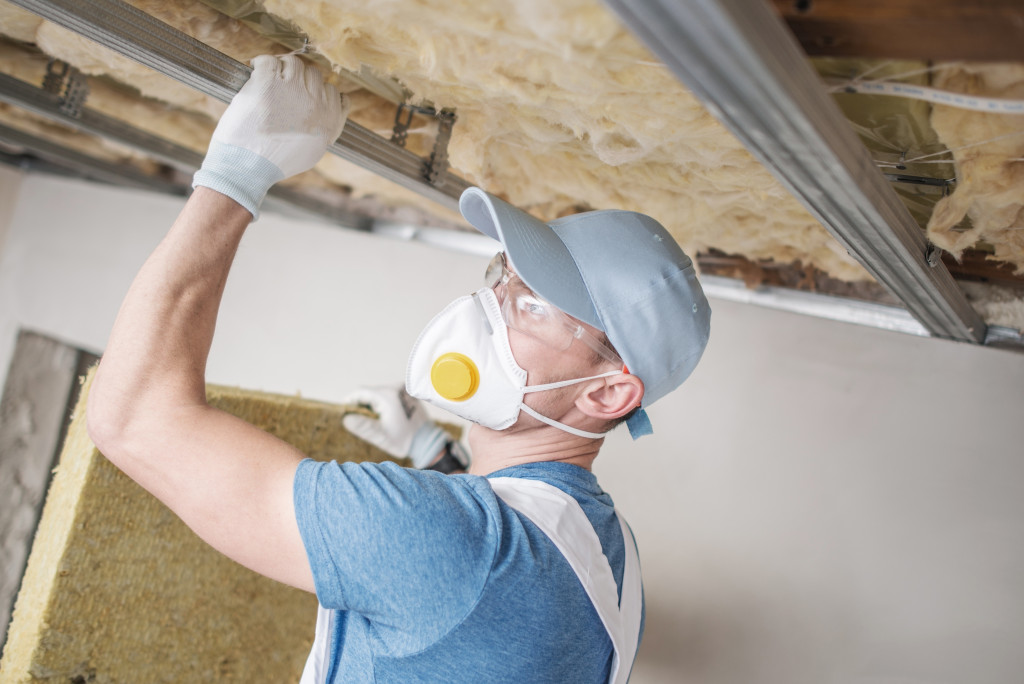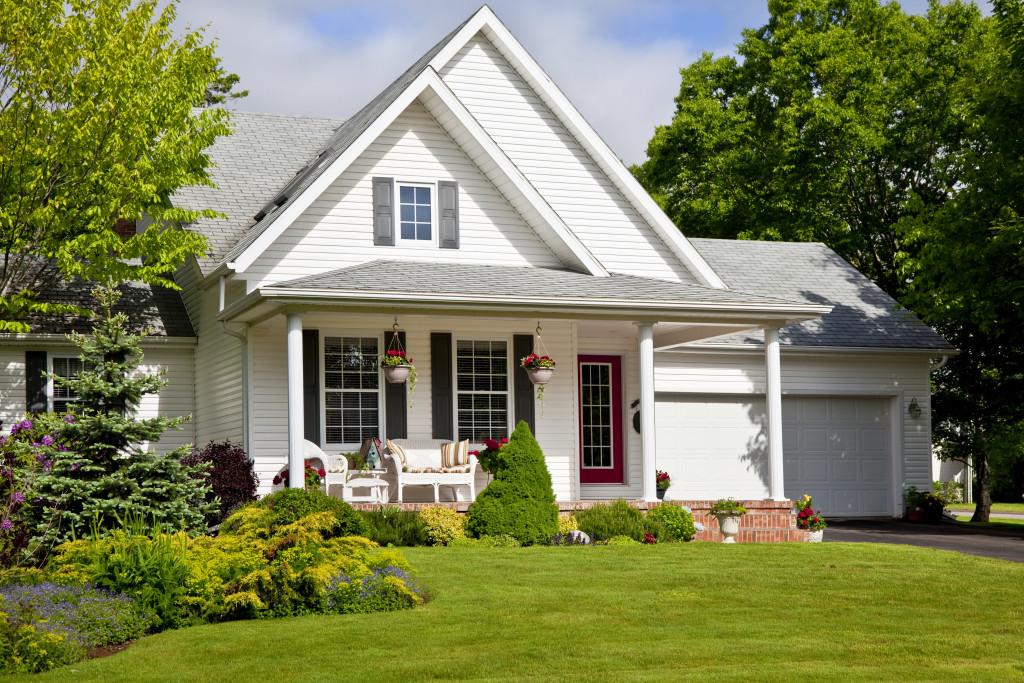- Regularly inspect roofs, gutters, paintwork, plumbing, and windows/doors for signs of wear and tear.
- Take steps to prevent pest infestations, which can cause significant damage to your home.
- Upgrade insulation to prevent air infiltration and maintain temperature control.
- Choose quality, durable materials for home improvements to save money in the long run.
- Avoid DIY repairs, which may cause further damage and lead to costly repairs, and hire a professional.
Owning a home is a milestone achievement for many individuals. A home is an investment that appreciates over time, so it is essential to maintain and preserve its value. Several factors can influence the value of your home. For instance, wear and tear, the gradual deterioration of your home, can harm your property’s value. This blog explores ways to protect your home from wear and tear to preserve its property value.
1. Regular maintenance checks:
Regular maintenance checks are vital to prevent wear and tear in your home. When you find a problem, it is essential to address it immediately. This could prevent further damage in the long run. Here are some crucial areas to regularly inspect:

a. Roofs and gutters
You need to regularly check for signs of aging, such as rust, cracks, or leaks. These can all eventually lead to more significant problems. You should also clear the gutters on a regular basis to prevent them from clogging.
b. Paintwork and exterior surfaces
You should check for any cracks or flaking of paintwork and check these areas regularly. If you spot any problems, treating them as soon as possible is essential. Working with professional exterior painters can help maintain your home’s value. They can also advise on the best paints and materials for exterior surfaces.
c. Plumbing
You should inspect your plumbing system regularly for any leaks or blockages. If you notice any, calling an expert is essential to prevent the situation from escalating. Some signs of a plumbing issue include low water pressure, discoloration of the water, or strange noises.
d. Windows and doors
If your windows and doors are not functioning correctly, it can impact your home’s value. Make sure to inspect them regularly for any cracks or warping. If you notice any, repair or replace them as soon as possible.
2. Protecting your home against pests:
Pests such as termites, rodents, and insects can cause significant damage to your home. Taking steps to prevent infestations can help safeguard your home against considerable damage. Measures such as sealing cracks and gaps in your walls and foundation, clearing your yard of debris that may attract pests, and storing your food correctly can help prevent pests from penetrating your home.
You should also set up traps or use insecticides to eliminate any pests. If you detect an infestation, you must call a professional exterminator to resolve the issue. Some of the damage caused by pests can be irreversible, so it is best to take proactive measures to protect your home.

3. Upgrading your home’s insulation:
Poor insulation can lead to air infiltration, which, in turn, causes wear and tear in your home. The constant exposure to drafts and outside air can cause gradual deterioration of your home’s structure. Upgrading your home’s insulation can help prevent these problems by maintaining temperature control, reducing energy expenses, and preserving your home’s structure.
Some people prefer to install insulation themselves, but it is best to seek help from a professional. If you install insulation independently, use suitable materials and wear protective gear. You can also opt for sustainable alternatives, such as recycled insulation, to help reduce your carbon footprint.
4. Choose durable products and materials:
When making home improvements, choose quality and durable products and materials. Durable materials may be more expensive at the outset, but they may save you more money in repairs and replacements in the long run. Durable materials such as metal roofs or cement board siding require less maintenance and can withstand harsh weather conditions. If you are unsure about the best materials for your home, consult a professional.
5. Avoid DIY repairs:
As a homeowner, you may be tempted to tackle repairs yourself. However, DIY repairs can be more challenging than you imagine. Attempting to fix problems without expertise could end up causing more damage, leading to costly repairs. Hiring a professional to fix any wear and tear issues in your home might be best.
Your home is a valuable asset that requires constant attention to preserve its value. By taking measures such as regular maintenance checks, protecting against pests, upgrading insulation, choosing durable materials, and avoiding DIY repairs, you can protect your home against wear and tear and maintain its value for years. Remember, the key to preventing wear and tear is to be proactive, which means identifying problems early on and fixing them as soon as possible.

